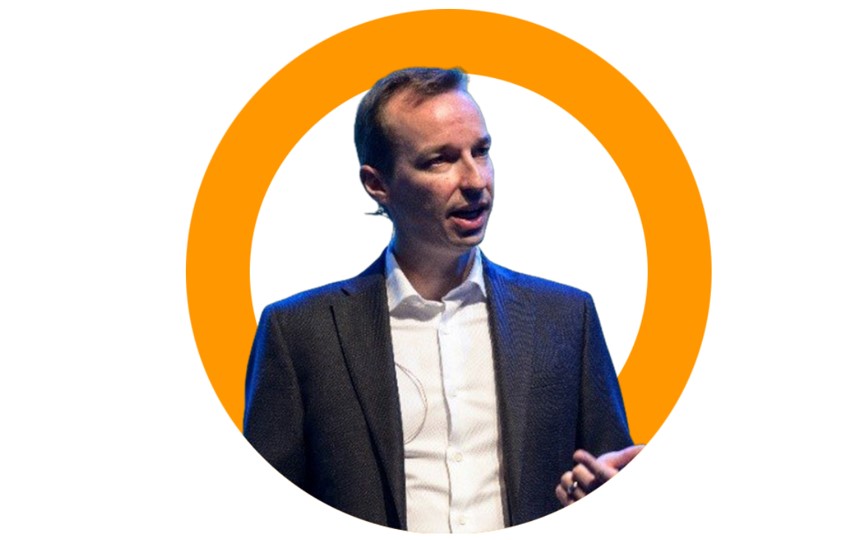
Podcast with Henri Soila, Atlas Copco
Listen to the Podcast here.
Podcast Summary: Transformative Leadership Through Games
In this engaging podcast, Leif and Henri discuss the power of games in facilitating transformation and leadership training. Henri and Leif delve into how physical representations of transformation, combined with the competitive nature of team-based games, enhance engagement and understanding among participants.
Simplifying Complex Issues Through Games
Henry shares that games, such as those used at Atlas Copco, allow participants to reflect on various levels of resistance to change, and the simplified game format enables difficult topics to surface. In particular, the games help people recognize whether resistance stems from misunderstandings or deeper trust issues. By utilizing frameworks such as Kotter's eight steps of change, employees adopt a shared language, making it easier to address real-world challenges.
The Value of Customization:
Henry also points out the benefits of customizing games to reflect specific company situations. For Atlas Copco, this means creating scenarios that resonate with its decentralized structure, where authority is spread across different levels of the organization. This customization makes the learning experience more relatable, leading to better outcomes in managing transformation.
Navigating Resistance:
One key takeaway from the discussion is that, at Atlas Copco, there's a strong focus on building consensus before moving forward with any transformation. While this may slow initial progress, it results in a more unified effort later on. Henry acknowledges that the games illustrate an important lesson: sometimes, not everyone can be on board immediately, and leaders must make tough decisions about moving forward even if some people may follow later.
Practical Advice for Implementing Games:
Henry advises others interested in using games for training to start by learning the basics of gameplay before customizing it to fit their organizational needs. He also stresses the importance of facilitating discussions around the game to link the learning experience to real-life scenarios, ultimately driving transformation efforts more effectively.
Conclusion:
Henry discusses the transformative power of using games in training and organizational change. He emphasizes the importance of physical representation in learning environments, such as using floorboards to visualize transformation and resistance levels among participants. This interactive approach fosters open dialogue, allowing teams to explore complex issues in a less confrontational way.
Henry shares insights into the cultural dynamics at Atlas Copco, highlighting how the company's decentralized approach promotes inclusivity and consensus during transformations. He notes that while this may slow initial progress, it leads to better outcomes and a more engaged workforce. The podcast also touches on the significance of customizing games to reflect real-life scenarios, which enhances the relevance and applicability of the training.
The discussion further explores how games provide a safe space for addressing difficult conversations around resistance to change, equipping participants with the language and tools to navigate challenges. Henry advocates for an iterative approach to game design, suggesting organizations test and optimize their training methods for maximum impact.
Overall, this podcast offers valuable perspectives on integrating gamification into training strategies, encouraging organizations to embrace playfulness as a means to foster deeper understanding and collaboration during transformational journeys.
